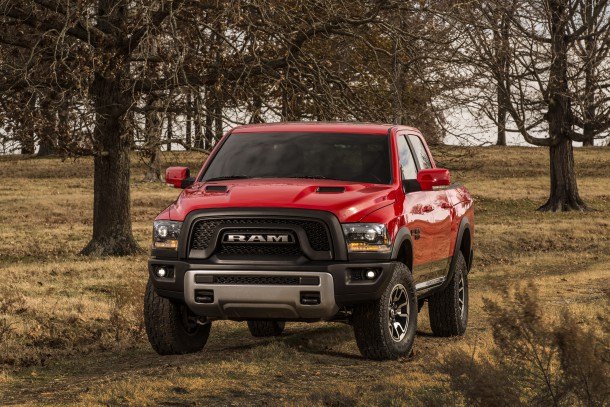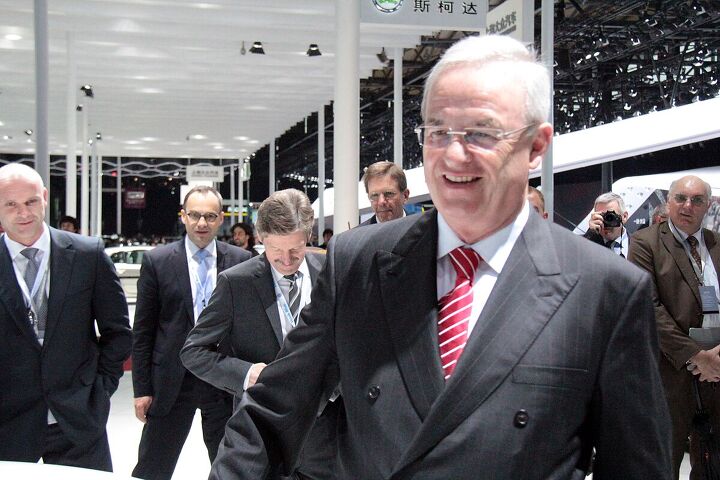#CarbonEmissions
EU Bans the Sales of New ICE Vehicles Starting in 2035
The European Union has taken earlier and more drastic steps to stem the tide of climate change than many other parts of the world. Fuel economy and emissions standards are stricter there, and yesterday, the EU announced the passage of its most restrictive gas vehicle policies yet. The updated law bans selling new internal combustion vehicles starting in 2035.
Biden to Slash U.S. Fossil Fuel Emissions 52 Percent by 2030
Today President Joe Biden committed to cutting U.S. fossil fuel emissions up to 52 percent by 2030. His statement came during a virtual climate change summit with 40 world leaders.
Pennzoil Embraces Carbon Neutrality
Pennzoil has announced it will offer carbon neutral passenger car lubricants in North America, starting with their Platinum line of full synthetic motor oils. This is a quantum leap forward for parent corporation Shell to be a net-zero emissions energy business by 2050 or sooner.
UK Parliament Committee Wants to Ban All Private Cars and Trucks by 2050
If you’re any kind of a car enthusiast, or you just think the personal automobile is a terrific transportation device, this news has got to be chilling. The cross-party Science and Technology Select Committee of Parliament has issued a report that says that if the United Kingdom is to reach its goal of becoming carbon neutral by 2050, private automobile and truck ownership must end.
Oh, and if you think your morally pure Tesla or some other EV is going to protect your privilege for personal transportation, no, the environmental Jacobins are coming for all privately operated motor vehicles.
TTAC News Round-up: Let's Talk Carbon Emissions, Volkswagen's Bigger Headache, and Plug-in Porsches
FCA has to clean up its act in a hurry, or pay a lot more to sell cars in the future.
That, Europe wants Volkswagen to treat its owners the same as American owners, General Motors’ lawyers get down and dirty and Porsche’s plug-in 911 … after the break!
States, Provinces, Euro Countries Pledge to Ban Fossil Fuel Vehicles By 2050
The internal combustion engine, with all its amazing sounds and brutal power, looks slated to become endangered if a group of politicians have their say about it. The ZEV Alliance wants to completely ban the sale of non-zero-emissions vehicles in its members’ constituencies by 2050.
That’s just a mere 35 years away, folks.
Volkswagen Board Holding Emergency Meeting Ahead of Planned Friday Conference
Five senior members of Volkswagen’s supervisory board are meeting Wednesday to discuss the future for the automaker after stock prices have plummeted and the company has publicly acknowledged it cheated worldwide emissions tests, the BBC reported.
The smaller Wednesday meeting is ahead of a regularly scheduled full board meeting Friday, where members are expected to discuss the contract extension to 2018 for CEO Martin Winterkorn. According to reports, Winterkorn’s future may be decided before Friday’s meeting.
Winterkorn issued a video statement in German on Tuesday apologizing for the scandal, but stopped short from resigning from the top VW post. The German newspaper Der Tagesspiegel reported that Winterkorn would be replaced this week.
The California Air Resources Board, the Automakers, and You
Last week, Bloomberg Business profiled the one woman who may have more influence in the automaking universe for the next decade than any other person on the planet.
California Air Resources Board Chairwoman Mary Nichols’ story about running the nation’s most stringent air quality standards board is compelling, fascinating and terrifying — if you’re an automaker.
The state’s ambitious goal of reducing greenhouse gases 80 percent by 2050 is met by an equally ambitious — and onerous — goal for automakers: don’t sell new cars with internal combustion engines in California by 2030.
Automakers Consider Octane Increase For Better Fuel Economy, Emissions
Automakers are looking to boost octane in the gasoline consumers use as a possible new tool to cheaply and easily meet ever-tightening standards.






















Recent Comments